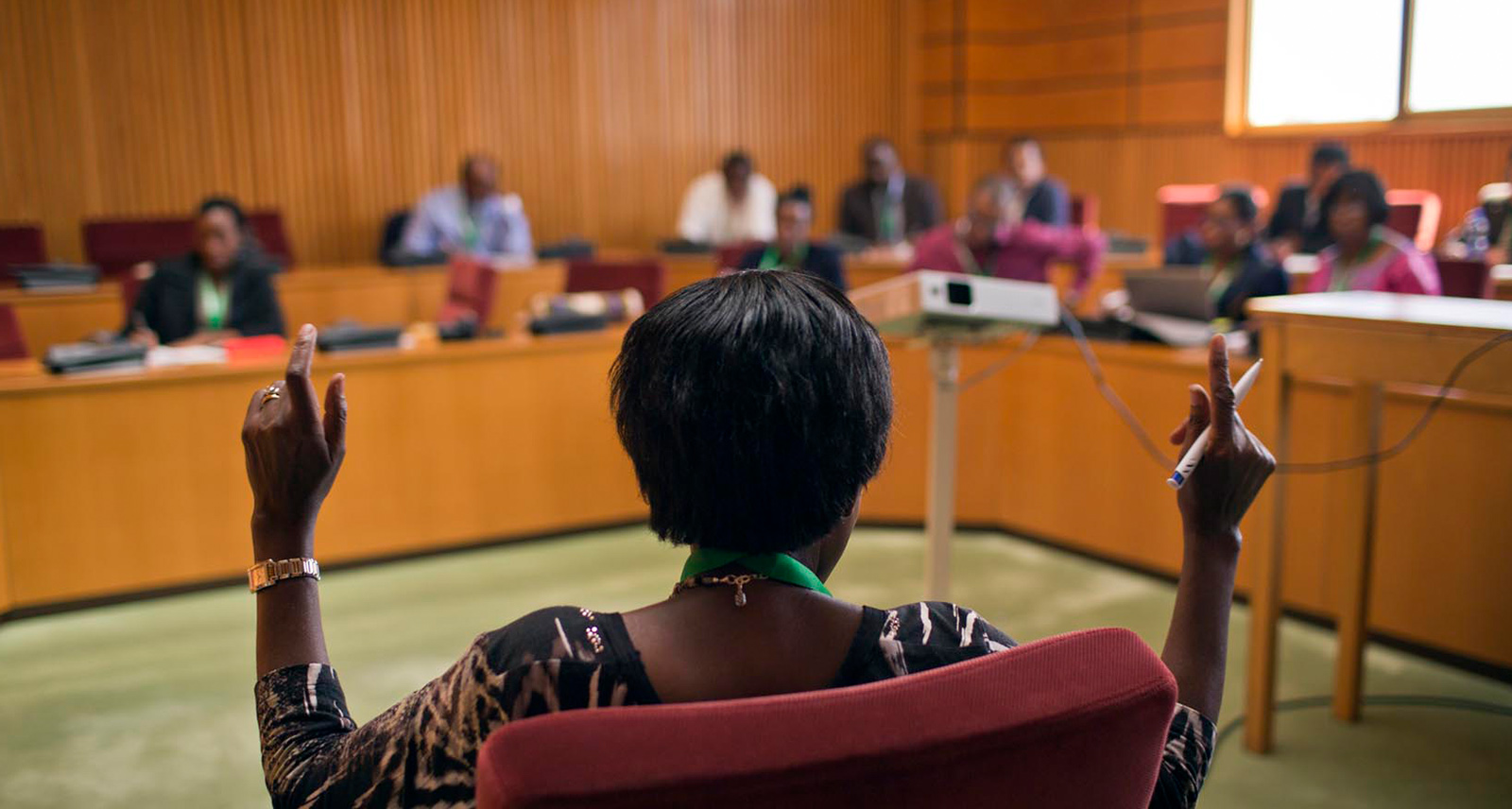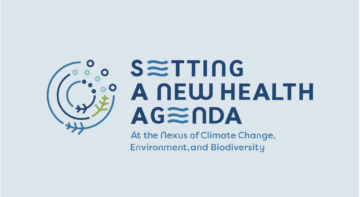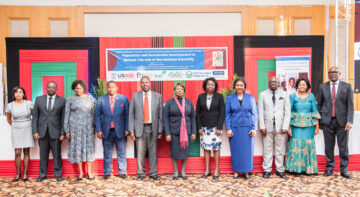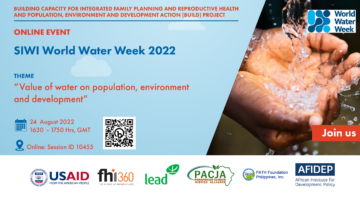News

NAIROBI, KENYA – The African Institute for Policy Development (AFIDEP) and the African Academy for Sciences (AAS) are launching a two-year programme to promote the systematic use of evidence in policymaking in Africa.
The Evidence Leaders in Africa (ELA) programme will enhance the evidence-gathering and analysis skills of researchers from across the continent and empower them to take a leading role in ensuring that the innovations and evidence they produce are relevant to and used in decision making.
Dr Eliya Zulu: we want scientists to become engaged with the policy-making processes within African governments and help to champion a culture where evidence use becomes the rule and not the exception #evidenceleaders Click To Tweet“Beyond this, we want scientists to become engaged with the policy-making processes within African governments and help to champion a culture where evidence use becomes the rule and not the exception,”
– Dr Eliya Zulu, Executive Director, AFIDEP.
Credible evidence is used only sporadically and often ignored in decision making and policy formulation in developing countries, yet its incorporation is a crucial success factor if these processes are to have an impact on transformational development. The biggest barriers have been caused by the complexities of the policy-making process which tend to be driven by competing interests. Also importantly, credible evidence is not always readily available. Most of it is generated, analysed and shared within the scientific community without effective, consistent and systematic processes to move it to policy spaces in accessible formats.
ELA will implement multiple strategic activities involving AAS Fellows, grantees and Affiliates to empower them to play leading roles in the institutionalisation and promotion of a culture of evidence use in their countries. These include:
- The implementation of knowledge-sharing workshops on evidence-informed decision making (EIDM) to increase the commitment of scientists to initiatives that galvanise the use of evidence in government decision making. The workshops will incorporate capacity building and mentorship strategies for selected early and mid-career researchers.
- An EIDM leadership award will be created to recognise academics who develop interventions that enhance EIDM culture in government institutions. A monetary award will be provided to the winner, and first and second place runners up.
- Seed grants worth a total of US$80,000 will be provided to four winning proposals for innovative ideas on how academics can contribute to increasing the participation of government agencies taking action to make EIDM part of the decision-making process.
- To expand EIDM learning, a conference to facilitate learnings on EIDM within AAS networks will include researchers, policymakers and practitioners in East and West Africa. It will focus on existing EIDM initiatives (individual and institutional efforts) within AAS networks.
Participation in these activities will be competitive and will require high-level commitment by the scholars.
According to Dr Isayvani Naicker, Director of Strategy and Partnerships at the AAS, the programme serves the Academy’s think tank functions, which ensure an Africa-led, Africa-centered, and Africa-relevant science agenda for the Continent and incorporates evidence in policymaking. The AAS provides a network of leading, mid-career and upcoming scientists working in science, technology, and innovation to drive sustainable development across the African continent. “African governments need evidence to increase impact of policies and programmes to maximise the use of limited resources to realise sustainable development goals,” she notes. The ELA initiative is tailored to meet this need for evidence in Africa.
– – – –
About The African Academy of Sciences
The African Academy of Sciences (The AAS) is a non-aligned, non-political, not-for-profit pan African organisation. The AAS’s vision is to see transformed lives on the African continent through science. Our tripartite mandate is recognising excellence through The AAS’ highly prestigious fellowship and award schemes, providing advisory and think tank functions for shaping Africa’s Science, Technology and Innovation (STI) strategies and policies and implementing key STI programmes addressing Africa’s developmental challenges.
Join us on Facebook.com/AASciences and Twitter @AASciences and learn more at www.aasciences.ac.ke
About the African Institute for Policy Development
The African Institute for Development Policy (AFIDEP) is an African-led, non-profit research and policy institute established in 2010 to help bridge the gaps between research, policy, and practice in development efforts in Africa. We contribute to the realisation of the SDGs by enabling the formulation of sound development policies and programme interventions. We work to promote and entrench a culture of evidence use in development efforts in Africa. Specifically, we: strengthen institutional and individual capacity for demand and use of evidence, as well as promoting interactions between researchers and policymakers.
Provide practical evidence to enable governments to move from rhetoric and policy documents to action in addressing various sustainable development goals.
Media contacts
The African Academy of Sciences
Charles Njagi | c.njagi@aasciences.ac.ke | +254 20 806 0674
African Institute for Policy Development
Elizabeth Kahurani | elizabeth.kahurani@afidep.org | +254 20 4343 116
Related Posts





